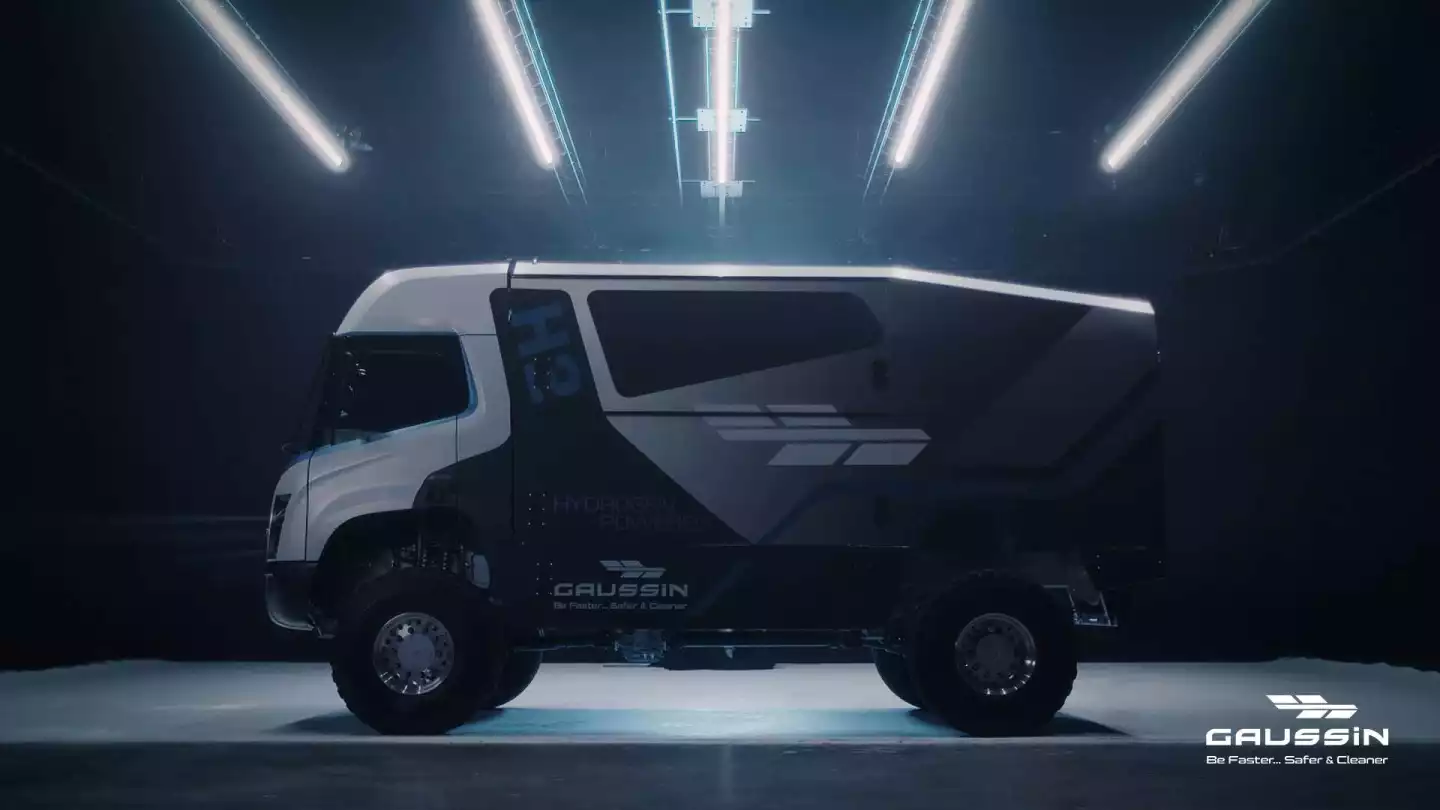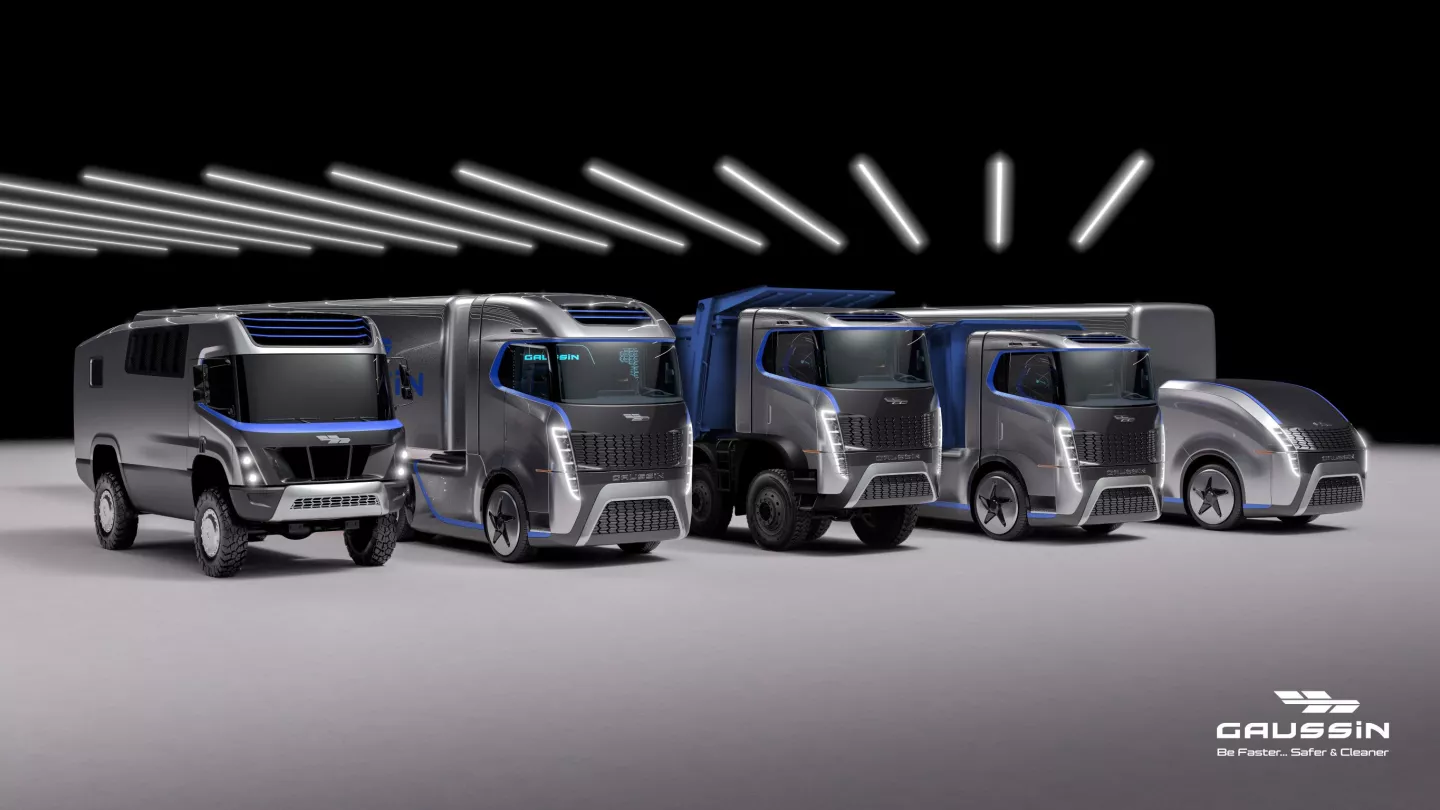French company Gaussin is pushing hard on hydrogen-based long-haul trucking, playing up hydrogen's excellent range figures and quick refuelling times as a benefit over heavy, slow-charging batteries. It's developing a flexible skateboard chassis you can build all sorts of heavy vehicles on top of – and if the final product is as smooth and slick as the Hollywood-grade render video these guys put together, they're sure to do well.
Now, Gaussin's announced it's going to go racing. And if your key goal is to take a truck out and demonstrate both its performance and reliability, there's really no better torture test than 12 days of hell at the Dakar rally.
Of course, it's a Dakar by name only these days. The 2022 race, like this year's, will be held in Saudi Arabia, around the 500-billion-dollar, ultra-high-tech, future megacity of Neom. No matter, there may be fewer flavors of hell here than in Senegal, but rocks and sand are still a brutal, unrelenting test of man and machine.

Gaussin's truck will not be the first zero-emissions Dakar contender; the Acciona team managed to complete the 2017 Dakar in an all-electric dune buggy running 150 kWh of batteries and a rooftop solar panel. It will, however, be the first time hydrogen will be rolled out, and where Acciona limped across the line in last place due to long charging times, Gaussin will have much less of an excuse.
The H2 Racing Truck, built upon Gaussin's skateboard chassis, will run two 300-kilowatt (402 horsepower) electric motors, a fuel cell capable of generating a continuous 380 kW (510 horsepower), and an 82 kWh buffer battery to handle the full-throttle demands of desert racing.
Will those power levels be enough to draw blood from established campaigners like Kamaz, which has been running a 1,150-horsepower, 13-liter diesel beast? Or indeed Toyota's truck division Hino, which is planning to bring a diesel-electric hybrid making a total of 1,065 horses? Maybe. But it'll have its own "renewable power" category to race in against the battery guys, and it should do well in its class.

Carrying 80 kg (176 lb) of hydrogen, it's expected to have a range around 250 km (155 miles) under race conditions, and will fuel up in about 20 minutes as required. It'll be speed-limited to 140 km/h (87 mph) to meet Dakar regulations, and it'll look spunky, as with all Gaussin's future product line, thanks to a design collaboration with Pininfarina in Italy. Although mind you, Pininfarina's been letting the odd bit of very pedestrian work out the door lately.
The Dakar organization will surely be delighted to have Gaussin on board; it's committed to restricting the entire car and truck categories to "low-emission vehicles" by 2030 and is working to accelerate the transition over the next decade as combustion engines become less relevant.
Source: Gaussin








